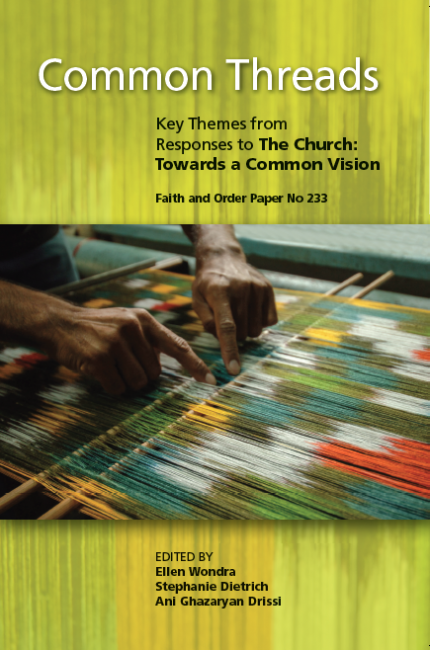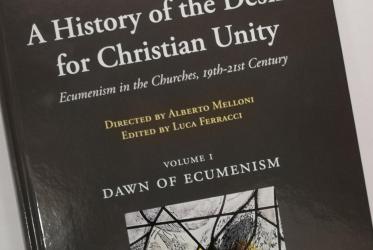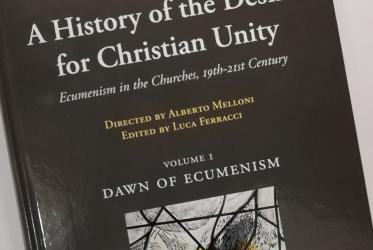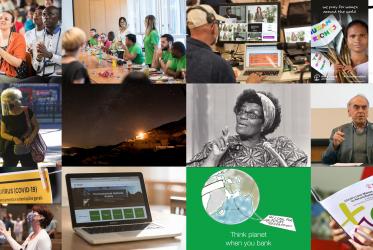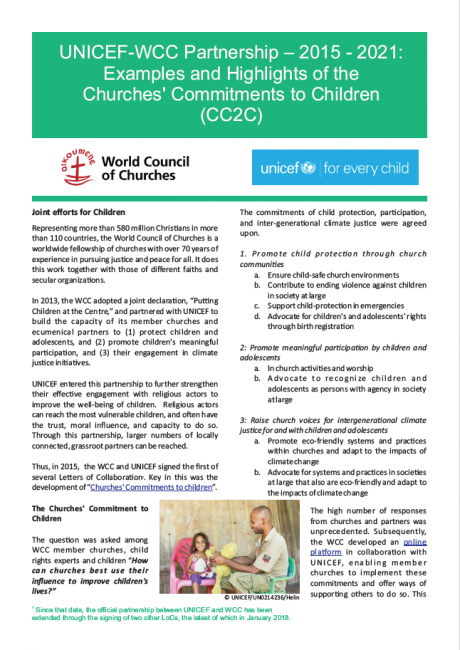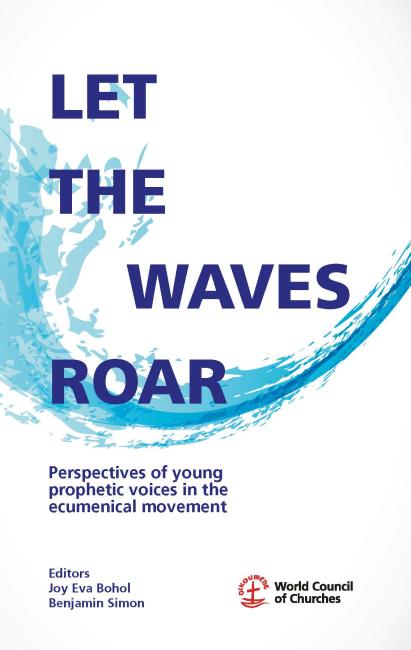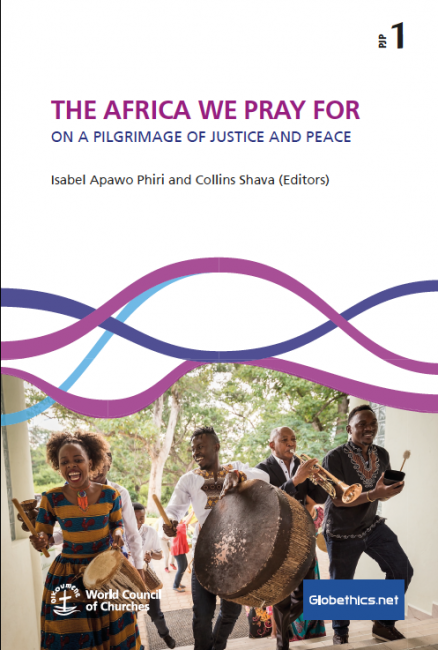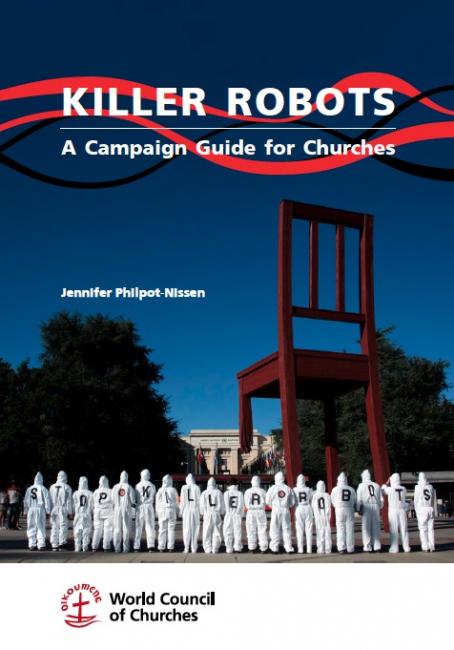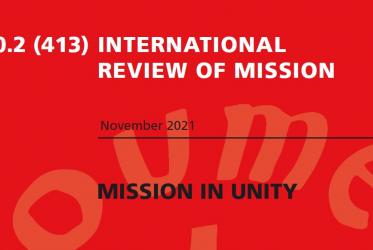Displaying 101 - 120 of 320
The Journey of the WCC from Busan to Karlsruhe (Unillustrated)
28 February 2022
Common Threads
Key Themes from Responses to The Church: Towards a Common Vision. Faith and Order Paper No 233
25 February 2022
Let the Waves Roar
Perspectives of Young Prophetic Voices in the Ecumenical Movement
19 December 2021
ZacTax Toolkit
24 November 2021
Kirchen und moralisch-ethische Urteilsbildung Band 3
Band 3: Dialog fördern, um Koinonia zu stärken
05 November 2021

